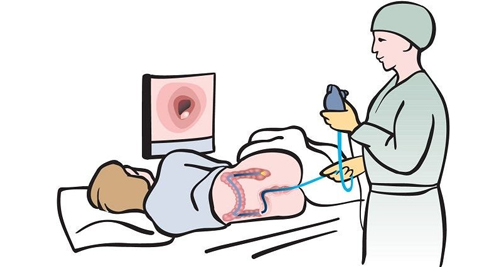Living with Bowel Cancer – Recovery and Support
Recovering from bowel cancer treatment involves more than just physical healing. Emotional resilience, long-term monitoring, and practical adjustments are all part of living well after cancer. The following adjustments can be considered when living with bowel cancer.
1. Post-surgical recovery
- Recovery time varies depending on the extent of surgery.
- Temporary discomfort, changes in bowel habits, and fatigue are common.
- If a colostomy is required, patients are supported with education and supplies.
2. Diet and lifestyle
- A high-fibre, low-fat diet is usually encouraged after treatment.
- Limiting red and processed meat reduces recurrence risk.
- Hydration and moderate physical activity support digestive health.
3. Emotional health
- Many survivors experience:
- Anxiety about recurrence
- Depression or post-traumatic stress
- Fear of stomas or body image changes
- Counselling and support groups, such as those offered by CANSA, are invaluable.
4. Follow-up care
- Regular check-ups include:
- Colonoscopies (1–5 year intervals)
- Blood tests (e.g. CEA)
- Imaging (CT scans if metastasis is a risk)
- Lifelong surveillance may be needed in high-risk individuals.
5. Return to normal life
- Most survivors return to work, hobbies, and family life within months of completing treatment.
- With support, even those living with a colostomy can lead fully active lives.
6. Support in South Africa
- Public sector challenges include:
- Limited stoma care access
- Long waits for follow-up imaging
- Private care offers more consistent access to post-treatment services.
- Organisations like Stoma Support SA and CHOC provide practical resources and peer encouragement.
Living with Bowel Cancer
With the right care, bowel cancer survivors can live long, fulfilling lives. Awareness, early diagnosis, and supportive systems are the foundation of hope and healing.
👉 [End of Series | Back to Overview]


